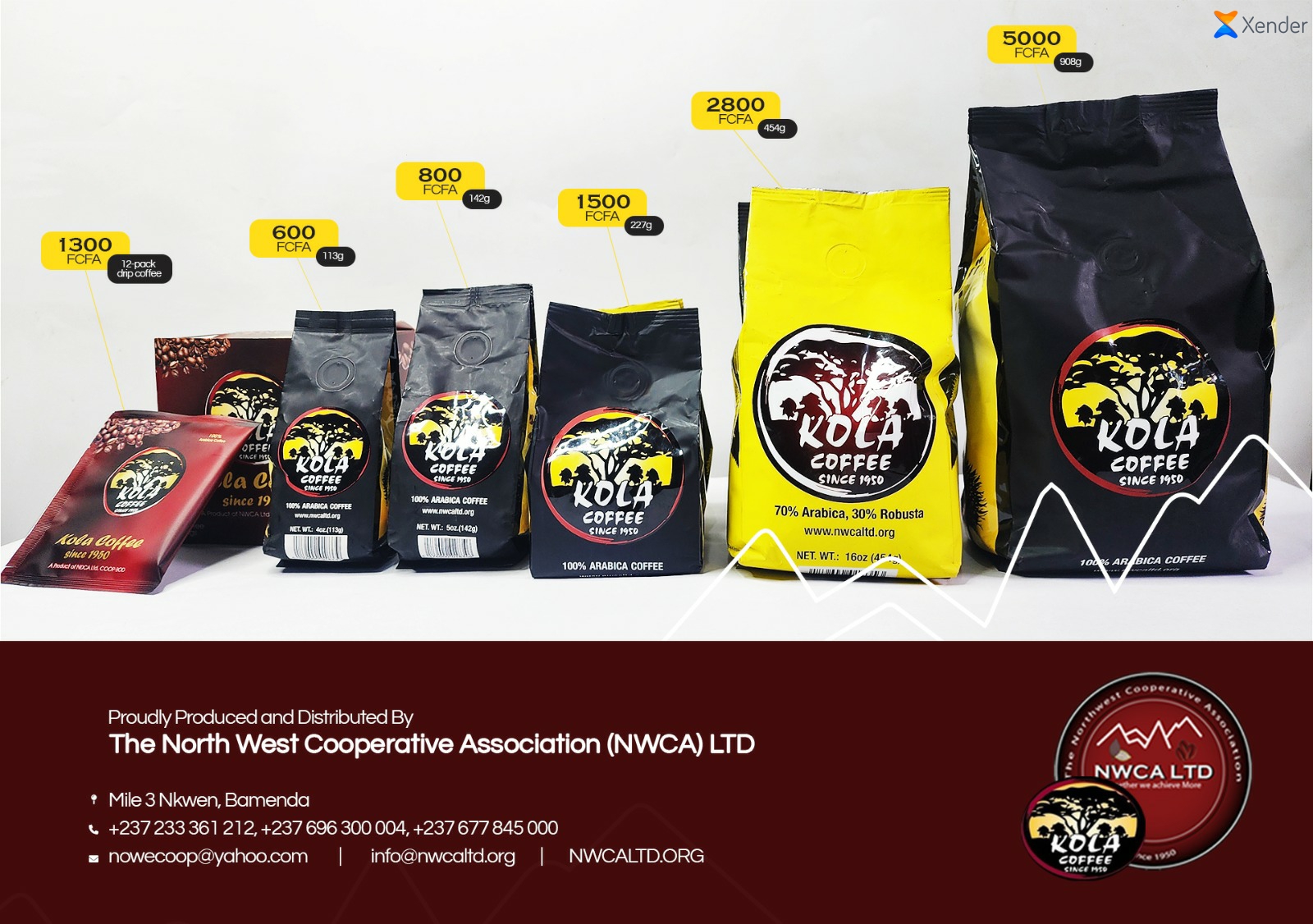As Cameroon moves steadily towards the 2025 presidential elections, renowned human rights and civic advocate Barrister Felix Agbor Balla has issued a clarion call to Anglophone politicians across the political divide to prioritise the people or risk becoming irrelevant to their struggles and aspirations.

Barrister Felix Agbor Balla in Bamenda
Speaking in Bamenda during an extended and impassioned conversation with journalists, the former detainee and leader of the Centre for Human Rights and Democracy in Africa (CHRDA) did not mince words.
“You cannot want to lead a country without being able to lead your own people. You cannot want to lead a country without being able to call your people and have a discussion with them.” he said
His remarks came as part of a broader reflection on the failures and possibilities facing Anglophone political actors within the Cameroon's highly centralised governance system. According to Barrister Agbor Balla, both ruling and opposition politicians from the North West and South West regions must urgently regroup, recalibrate, and reconnect with their base if they hope to make any meaningful impact during or after the 2025 elections.
The Barrister criticised the deep divisions among Anglophone politicians, pointing out that their inability to build consensus continues to weaken their influence at the national level.
“They need to talk to each other. They should prioritise the people. They are there because we are there.” he urged
He expressed disappointment at public statements made by senior Anglophone officials that suggest blind loyalty to President Biya’s regime, warning that such declarations do not reflect the frustrations of the average citizen. Referring to recent remarks by a Senator of the South West Region claiming that the South West region is fully behind President Biya, Barrister Agbor Balla retorted:
“I expected him to say the people of the CPDM, because that was the capacity in which he was invited. That is dishonesty.”
In his view, honesty in public discourse and political representation is not only a moral obligation but also a historic one.
“You have to leave a legacy for posterity. This is a dying regime. Speak on our behalf but say the right things.” he emphasised
Rather than focusing solely on party loyalty, Agbor Balla encouraged politicians to become voices of conscience within their respective platforms. Whether in the CPDM, SDF or other parties, he insisted, the time has come for Anglophone politicians to transcend personal ambition and work together for the collective interest of their communities.
The media and Barrister Felix Agbor Balla
“I am talking to Anglophone politicians in the CPDM and in the opposition. Speak for yourself, don’t distort history. The people are not happy with the Biya regime. The people are dissatisfied. Say that,” he said.
He stressed that loyalty to a political party should not come at the cost of truth or dignity.
“It’s not about you. It is about us.”
One of the most striking points in Agbor Balla’s conversation was his call for Anglophones to prepare for a post-Biya era which is a future that, in his words, could come suddenly and leave the regions politically unprepared.
“You don’t prepare for post-Biya after Biya. You prepare during Biya. We need a small working group that thinks for us, that looks ahead, that takes Cameroon in 2025 and asks, where are we and where do we want to be in five or ten years?” he warned
He criticised the lack of a coordinated Anglophone strategy to influence succession dynamics in Yaoundé, pointing out that while political actors from other parts of the country are positioning themselves, Anglophones remain divided, reactive, and often disorganised.
“Most of you are civil society guys. Also, we need to do a mapping of potential successors. Who are going to take over? Let’s start making friends with those people and explain to them our agenda,” he advised.
At the heart of Balla’s message was a call for politicians to return to the people and to build bridges, listen, and lead with empathy and truth. He imagined a future where Anglophone politicians are elected because they reflect the aspirations of the population, not because they are handpicked by party barons.
“Imagine a situation where we had 10 Hon. Wirbas in Parliament. Imagine that the mayors we have are people who empathise with the struggle,” he said, adding that effective electoral participation could disrupt centralised power and prevent electoral fraud if communities are mobilised.
He emphasised that change will not come from political boycotts alone.
“You boycott elections and then what? The elections will still take place. The CPDM will have their president, their mayors, their senators, and nothing will change,” he warned.
Responding to a question by Hilltopvoices about whether he might lead such a movement or working group, Barrister Agbor Balla deflected personal ambition and stressed the need for collective thinking.
“I don’t want us to focus on leadership. When we focus on leadership, we start fighting about the leader and end up doing nothing. Leadership will emerge.” he said
He confirmed, however, that conversations are already taking place behind the scenes to create a strategic network of Anglophone thinkers and actors.
“I have reached out to some people, and they have reached out to me. We are compiling names and ideas. The time to act is now.”
Agbor Balla’s parting message was unmistakable: “Take back the struggle. Make it people-centric again.” He urged Anglophone politicians, activists, and citizens alike to abandon posturing and seek practical pathways forward whether through electoral participation, dialogue, or peaceful advocacy.
By Bakah Derick for Hilltopvoices Newsroom
Email: hilltopvoicesnewspaper@gmail.com
Tel: 6 94 71 85 77



